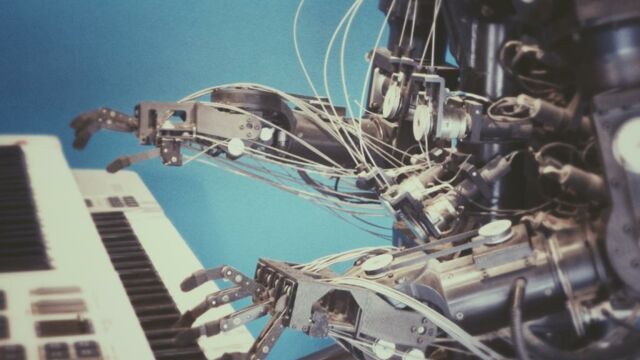Death is a fascinating topic. In addition to near-death experiences, which are said to be a 'different dimension of reality', AI has also been asked about what might happen after death. Now it is said to be able to estimate when a person will die.
Discover our latest podcast
Goal: 'Predictability of human life'
In a short summary of their work, published in the journal Nature, the scientists behind the study Using sequences of life-events to predict human lives write about their aim and their approach:
Here we represent human life in a way that has structural similarities to language, and we use this similarity to adapt natural language processing techniques to study the evolution and predictability of human life based on detailed sequences of events.
The Life2vec chatbot used indicators such as 'profession, income and medical data' for its predictions, according to metro.co.uk. According to The Sun, it drew on precisely this data from six million Danes over a period of several years.
Not everyone can use Life2vec
Towards the end of the study, it emerged that Life2vec was able to predict with a high degree of accuracy (78%) when study participants would still be alive and when they would die.
However, if you are brave enough to want to use the chatbot yourself, we have to disappoint you: The tool is not freely accessible.
However, one thing is pretty certain: with a healthy lifestyle, which can also be trained, it is certainly more likely to reach a biblical age than with a hedonistic lifestyle.
Read more:
⋙ The way you walk could show when you're going to die, according to study
⋙ Here are the many ways you could have died throughout history
⋙ Rigor mortis: This is what happens in your body after you die
⋙ Study reveals this part of your body survives after you die
⋙ Expert reveals what could happen to your brain an hour before you die
This article has been translated from Gentside DE.
Sources used:
Nature: Using sequences of life-events to predict human lives
metro.co.uk: Calculator predicts when you'll die - and it's scarily accurate















